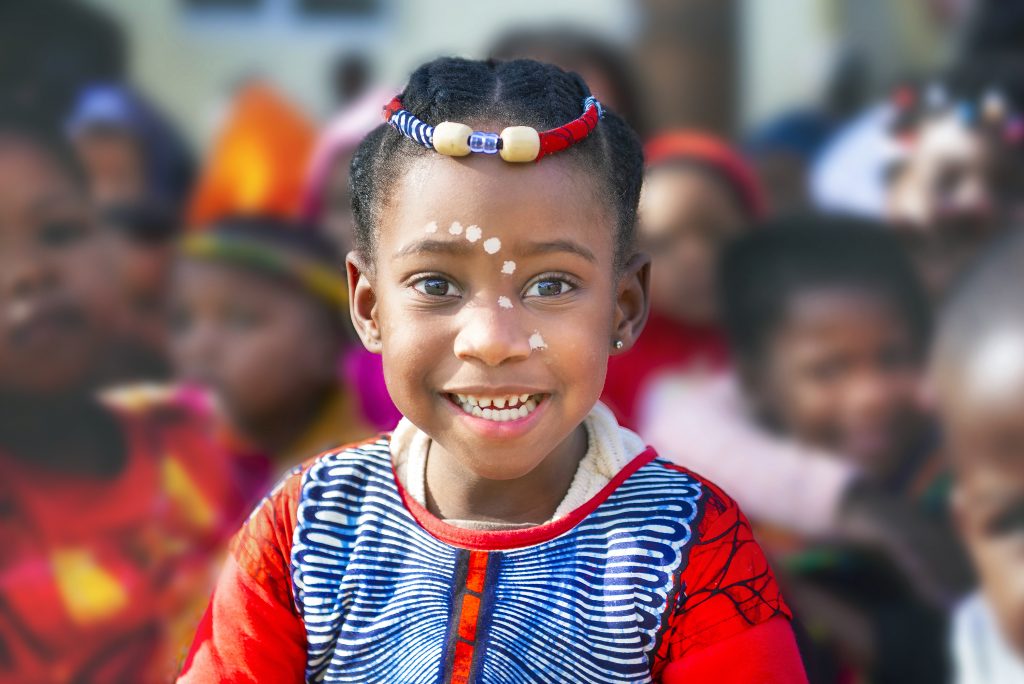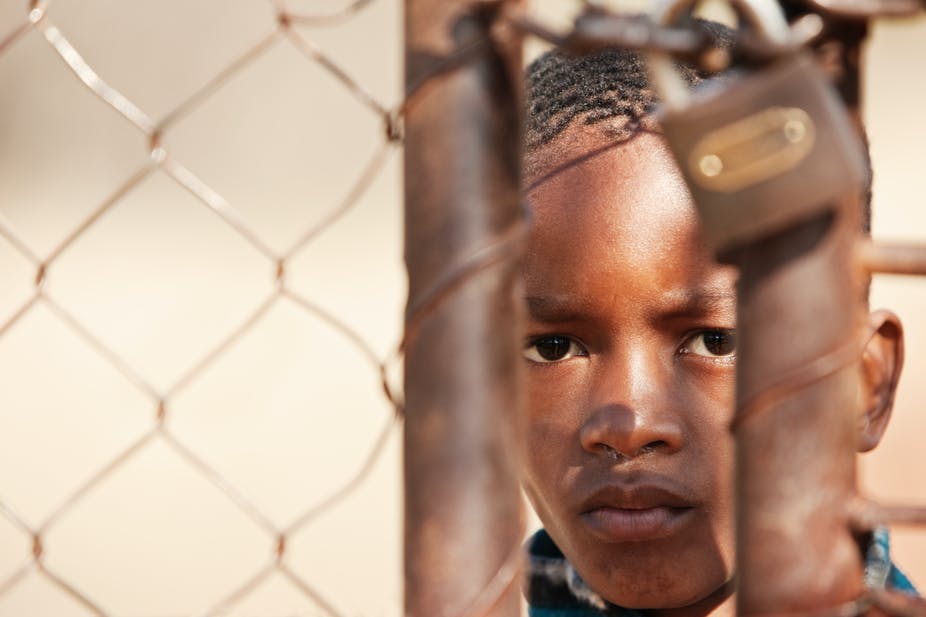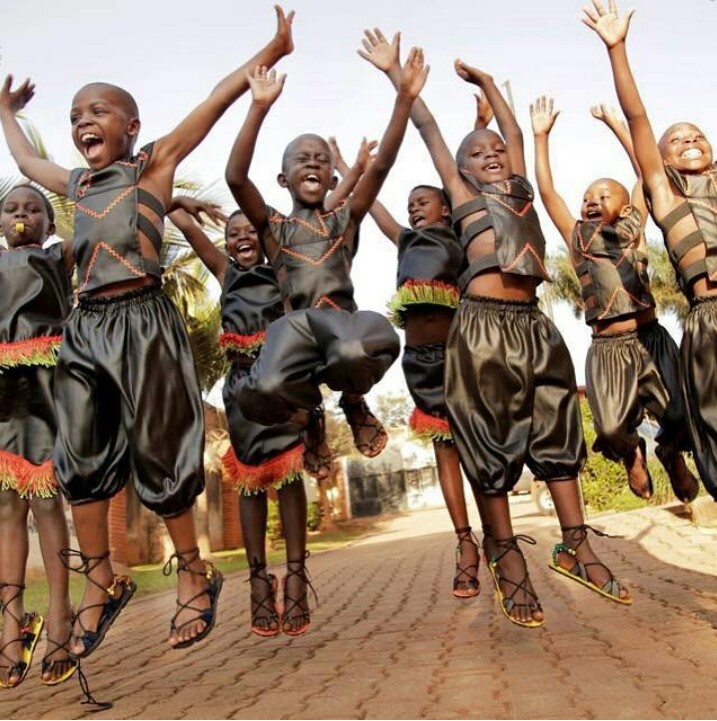In 2018, Noura Hussein held the world captive with her heart wrenching story. The Sudanese teenager had been tried and convicted of murder at just 19 years old. Married at only 16 years old, she had tried to escape to pursue her dreams of training as a teacher. For the murder of her ‘rapist husband’, Noura was handed the death sentence. Collective furore from the international community and human rights groups was instrumental in reversing the sentence to a 5 year jail term. Two years on, in June 2020, the same situation eerily replicates itself in the western nation of Nigeria. In the bustling city of Lagos, a group of protesters have defied government containment measures meant to curb the spread of the Coronavirus pandemic to protest the detention of a 15 year old girl. She is allegedly detained for killing a 51 year old man that tried to rape her. It is against this backdrop that we celebrate this year’s Day of the African Child.
Justice for African Children
These two separate incidences highlight the challenges that plague the justice systems in Africa with particular reference to children and minors. They paint a painful portrait, difficult to ignore, of the unending legal crisis involving children. Weaving through both instances is the public pressure that led to action from the governments within the case jurisdictions. Analysis indicate that the HIV/AIDS pandemic is anecdotal of sexual abuse and sexual exploitation of children in Africa. Moreover, it is reported that ‘children are sexually abused and exploited in the home, school, community, in the workplace and brothels’, (Lalor,2003).

According to the United Nations, armed conflicts and civil unrest expose children to abuse. Most children are unwittingly recruited into rebel groups where they are indoctrinated to participate in looting and mass killings. Further still, Africa grapples with the violation of children’s rights through Female Genital Mutilation (FGM), child marriage, and forced child labour. Reportedly, at least 200 million women globally have been subjected to FGM with the vice still prevalent in Africa. Additionally, a shocking 40% of the girls are sold off as child brides before they reach the majority age with Niger having the highest prevalence of children married before 18 years of age. According to International Labour Organization (ILO) estimates, Africa has the highest number of child labourers globally with no access to education and proper healthcare. These glaring violations of children’s rights stubbornly undermine progress made towards the fulfillment of the United Nations Sustainable Development Goals (SDGs) and Africa’s Agenda 2063.

Photo Credit/Global giving
The Legal Systems in Africa
Children, considered the most vulnerable members of the society, engage court systems in a broad spectrum of circumstances. According to this study, children may be embroiled in legal proceedings as witnesses to crime, victims of crimes or perpetrators of crimes. Furthermore, they may participate in civil proceedings within family law or as complainants whose rights have been violated. Systemic in nature, legal frameworks on the continent lack prescribed structures for handling children. Often times, guardians of children seeking compensation from justice systems revert to informal community structures, a practice that denies the children a fair trial. Conversely, without laws that address child offenders, minors are subjected to and condemned by laws applicable to adults. Alarmingly, the outcomes of these cases also highlight the inherent legal deficiencies and the inability to protect children, thereby denying them a basic human right. Moreover, most laws either lack or have ineffective clauses that fail to articulate issues concerning refugee children, trafficked minors, orphans and those seeking asylum in host countries. Although informal justice systems have been developed, children living in rural areas and those affected by poverty are still not guaranteed access to these methods.
The Day of the African Child
Today marks the 30th commemoration of the Day of the African Child (DAC). The day celebrates the Soweto uprising of 16th June, 1976 in which students protested the low quality of education and the right to be taught in English. Many of these children were brutalized as the regime tried to quell the ensuing riots. Instituted by the African Union in 1991, DAC serves to commemorate these children and the brave action they took in defence of their rights. The DAC thus celebrates the children of Africa and calls for a serious introspection and commitment towards addressing the numerous challenges facing children across the continent. Increasingly, the needs of children need to be articulated through comprehensive policy frameworks. Children should be protected, provided with their basic needs, and nurtured into productive citizens who can ably contribute towards development. In Africa, a lot more needs to be done to ensure that emerging issues affecting children are addressed collectively by governments and society.
The theme for this year’s commemoration of the Day of the African Child is ‘Access to a Child-Friendly Justice System in Africa.’ The theme was adopted by the former AU Executive Council, during the 34th Ordinary Session, held in February 2019. This year’s theme lends itself as the basic foundation for the fulfillment of the ten aspirations for African children to be achieved by 2040 as outlined in the African Union’s Africa’s Agenda for Children by 2040. The theme takes cognizance of the need for child-friendly justice systems that address the following fundamental principles (AU,2020):
(a) the principle of the best interest of the child;
(b) the principle of participation;
(c) the principle of nondiscrimination;
(d) the right to life, survival and development;
(e) dignity; and
(f) the rule of law.
Children are epitomized as the leaders of today and must, of necessity, be included in the continent’s development blueprint.
Progress made on the Establishment of Child-Friendly Legal Systems
What does a child-friendly legal system look like? And is it possible to fuel the momentum towards the establishment of legal systems that amplify and address the needs of children? The United Nations Office on Drugs and Crimes (UNODC) holds that, ‘the three essential components of child‐friendly legal aid are: access to legal aid; the delivery and use of legal aid; and the quality of legal aid, (UNODC, 2020). Many African countries have made great strides to ensure that there’s availability and access of child-friendly legal aid. According to a recent study, South Africa has a widespread legal aid that is available and accessible to children. In addition, Egypt, Sierra Leone, and Tanzania have been piloting informal justice systems that would make legal aid available to children. Notably, Malawi and Mauritania have launched specialized children’s courts while specialized units dedicated to dealing with offenses against children have been spearheaded in Zambia and Namibia.

Photo Credit/The Conversation
The Way Forward
Africa’s future finds its expression in the present through its children. The rights of children are pivotal for the continent’s development. The Day of the African Child reframes our definition of children’s rights. We must, as a continent, protect and uphold the rights of children with the same vigor with which we pursue economic progress. This can only be achieved through: policy mechanisms that protect children while ensuring that legal aid is available where needed; legal awareness of child rights; geographical and financial access for marginalized children; and leveraging participatory access to ensure that children are granted the freedom to engage with legal systems. While we fight for human rights and inclusive societies, we must prioritize the needs of children and their right to participate in the development of the continent.
Header Image Credit: Choir49
IVolunteer International is a 501(c)3 tech-nonprofit registered in the United States with operations worldwide. Using a location-based mobile application, we mobilize volunteers to take action in their local communities. Our vision is creating 7-billion volunteers. We are an internationally recognized nonprofit organization and is also a Civil Society Associated with the United Nations Department of Global Communications. Visit our profiles on Guidestar, Greatnonprofits, and FastForward.


